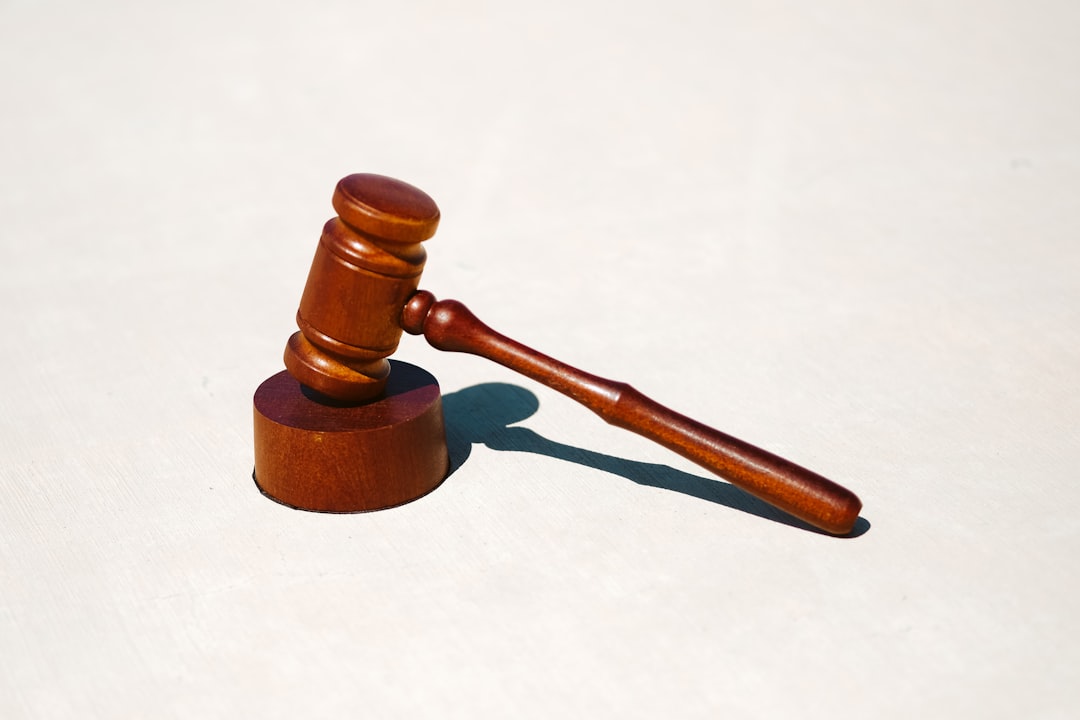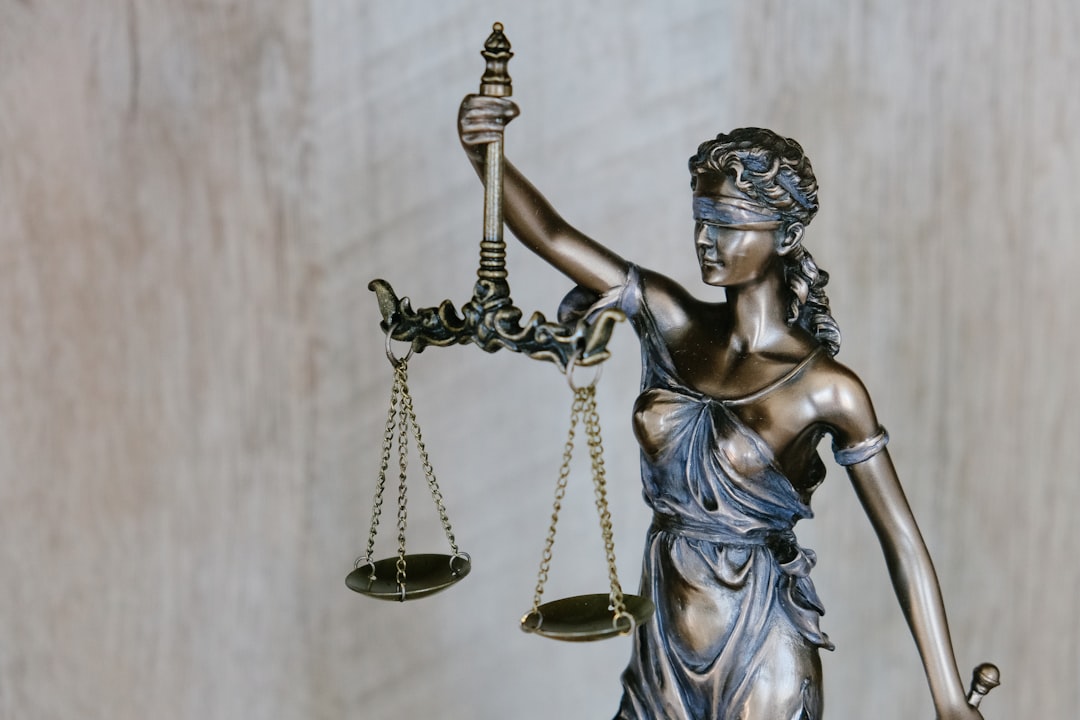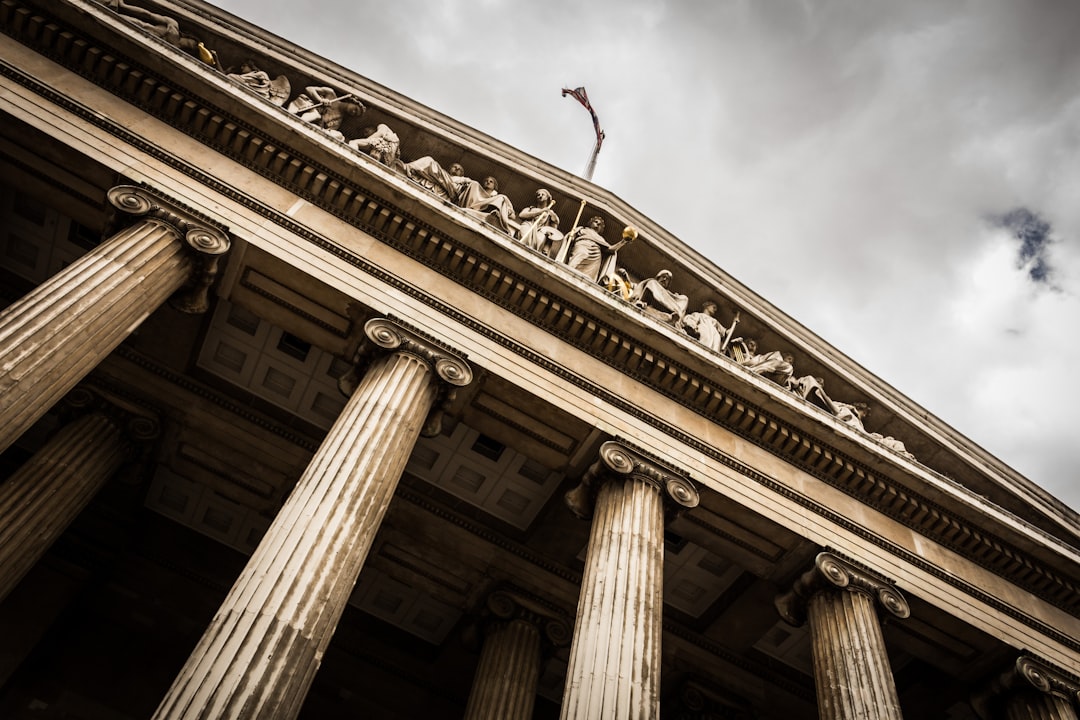In Connecticut, seeking justice for school sexual abuse is a vital step towards healing and accountability. Understanding these cases requires recognizing the unique challenges survivors face in reporting and pursuing legal action. This article explores key aspects, including legal rights and resources, navigating criminal justice processes, and compensating victims through civil lawsuits. For those considering a school sexual abuse lawyer in Connecticut, understanding these paths is essential to achieving justice and support.
Understanding School Sexual Abuse in Connecticut

In Connecticut, school sexual abuse is a serious issue that demands attention and swift action. It refers to any form of sexual misconduct or exploitation involving students within educational institutions, including public and private schools. This can range from inappropriate touching and harassment to more severe forms of assault. Many victims face unique challenges when seeking justice due to power dynamics and the sensitive nature of the topic.
A school sexual abuse lawyer in Connecticut plays a pivotal role in advocating for survivors and ensuring they receive the support and compensation they deserve. These legal professionals are equipped to navigate complex laws and policies related to child protection, educational institutions, and criminal procedures. They guide victims through the process, helping them understand their rights and options while providing the necessary support for emotional healing.
Legal Rights and Resources for Survivors

Survivors of school sexual abuse in Connecticut have legal rights and resources available to them, which can be life-changing in seeking justice and healing. A school sexual abuse lawyer Connecticut is a crucial ally for victims who wish to take action against perpetrators and hold educational institutions accountable. These attorneys specialize in navigating complex legal systems and advocating for survivors’ rights.
Victims may face numerous challenges when coming forward, including fear of retaliation, shame, and the desire for privacy. A qualified school sexual abuse lawyer Connecticut can offer guidance, support, and expertise throughout the process. They help victims understand their legal options, collect evidence, and navigate the court system. This support is invaluable in ensuring that survivors’ voices are heard and that they receive the justice they deserve.
Navigating Criminal Justice Processes

Navigating the criminal justice system can be a daunting task, especially for victims of school sexual abuse in Connecticut who are seeking justice. This complex process involves understanding various legal procedures and rights. A dedicated school sexual abuse lawyer in Connecticut is an invaluable resource for survivors, as they can provide guidance and support throughout each stage.
The initial step often includes reporting the abuse to local law enforcement or relevant educational authorities. From there, investigations are conducted, evidence is gathered, and potential charges against perpetrators may be filed. A qualified attorney can ensure that their client’s rights are protected, help them prepare for any legal proceedings, and advocate for their needs in court. These professionals possess in-depth knowledge of Connecticut’s laws regarding school sexual abuse cases, enabling them to navigate the system effectively on behalf of their clients.
Compensating Victims: Civil Lawsuits & Settlements

When a victim of school sexual abuse in Connecticut seeks justice, one crucial aspect is compensating them for the trauma they have endured. Civil lawsuits against educational institutions and responsible parties play a vital role in this process. A school sexual abuse lawyer Connecticut can guide survivors through this complex legal landscape.
These lawsuits not only seek monetary damages but also hold accountable those who failed to protect students. Settlements often result in substantial compensation for medical expenses, therapy costs, and other related financial burdens. It’s important to remember that each case is unique, and the compensation should reflect the specific circumstances of the victim’s experience.






